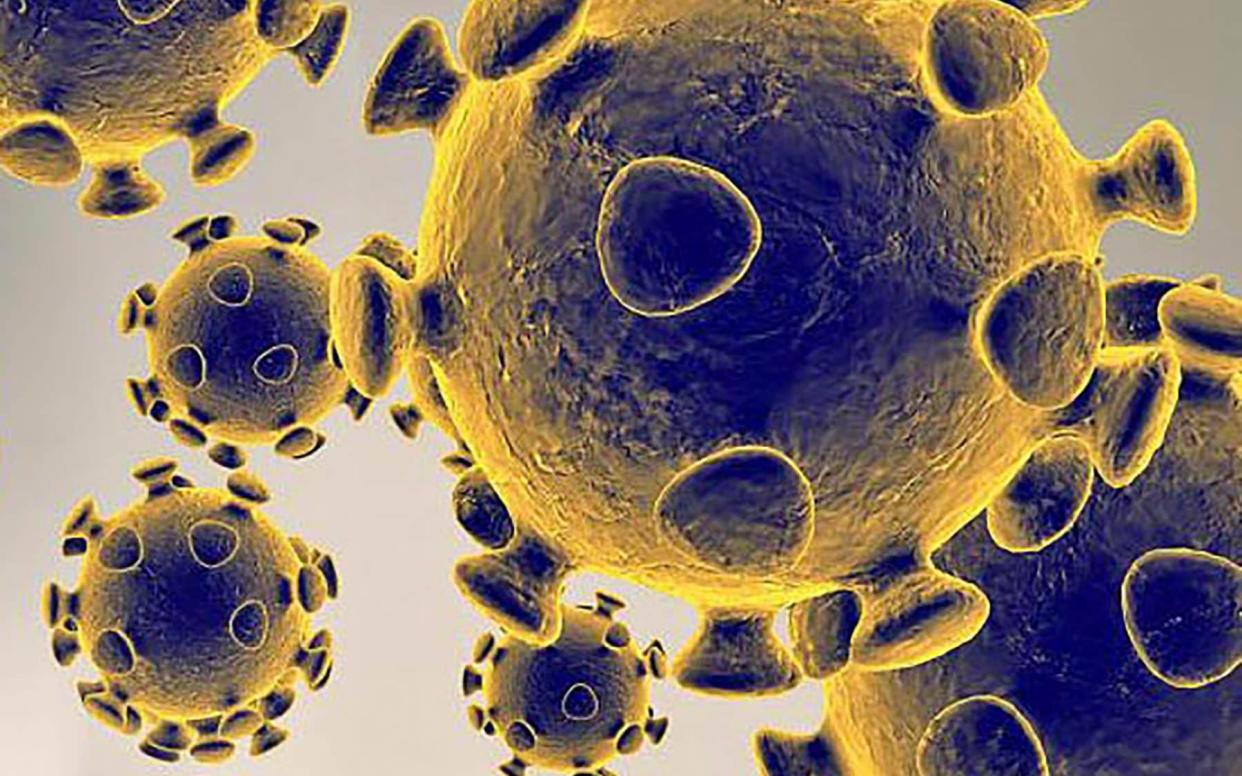Put the seat down when flushing toilet to avoid spread of Covid-19, scientists urge


To prevent the spread of Covid-19 public health advice has, up until now, been simple: wash your hands, wear a face covering in crowded spaces and clean surfaces regularly.
But now, you can include putting the toilet seat down after scientists discovered coronavirus particles can be spread through flushing the toilet.
The transmission of Covid-19 mainly occurs through respiratory droplets generated by coughing and sneezing, and through contact with contaminated surfaces. But researchers in China have found flushing a toilet can cause a cloud of aerosol droplets to rise to over one metre in the air above the bowl.
The droplets, like those generated by coughing or sneezing, could linger long enough until the next user arrives in the cubicle, or land on surfaces. Simulations carried out in the research, published in the journal Physics of Fluids, found the cloud of droplets can carry infectious coronavirus particles already in the air, or present in a person’s stool.
The work adds to a growing body of evidence that the virus can be passed through faeces, not just respiratory droplets. Last week the UK government said it would monitor sewerage systems after research found that fragments of genetic material (RNA) from the virus can be detected in waste water.
The results of the latest study, which was supported by the National Natural Science Foundation of China, were “alarming”, according to the researchers, as 40 to 60 per cent of particles reached above the toilet seat after flushing.
This leads to a “large-scale virus spread”, the researchers said. Previous studies have found Covid-19 particles remain in the air in unventilated spaces, such as toilets.
Scientists from the University of Wuhan found the number of virus particles detected in ventilated patient rooms in hospitals was very low, but increased in the patients' toilet areas which were unventilated.
"Airborne SARS-CoV-2 may come from either the patient's breath or from the virus-laden aerosol from patient's faeces or urine during use," the study, published in the scientific research journal Nature in April, reported.

The authors of this latest paper suggest; putting the toilet lid down before flushing, cleaning it before use and washing your hands thoroughly after flushing, to prevent transmission of Covid-19.
The researchers added they hoped their study may “enlighten toilet manufacturers” and encourage them to design better toilets with automatic lids and cleaning systems.
Protect yourself and your family by learning more about Global Health Security

 Yahoo News
Yahoo News 
